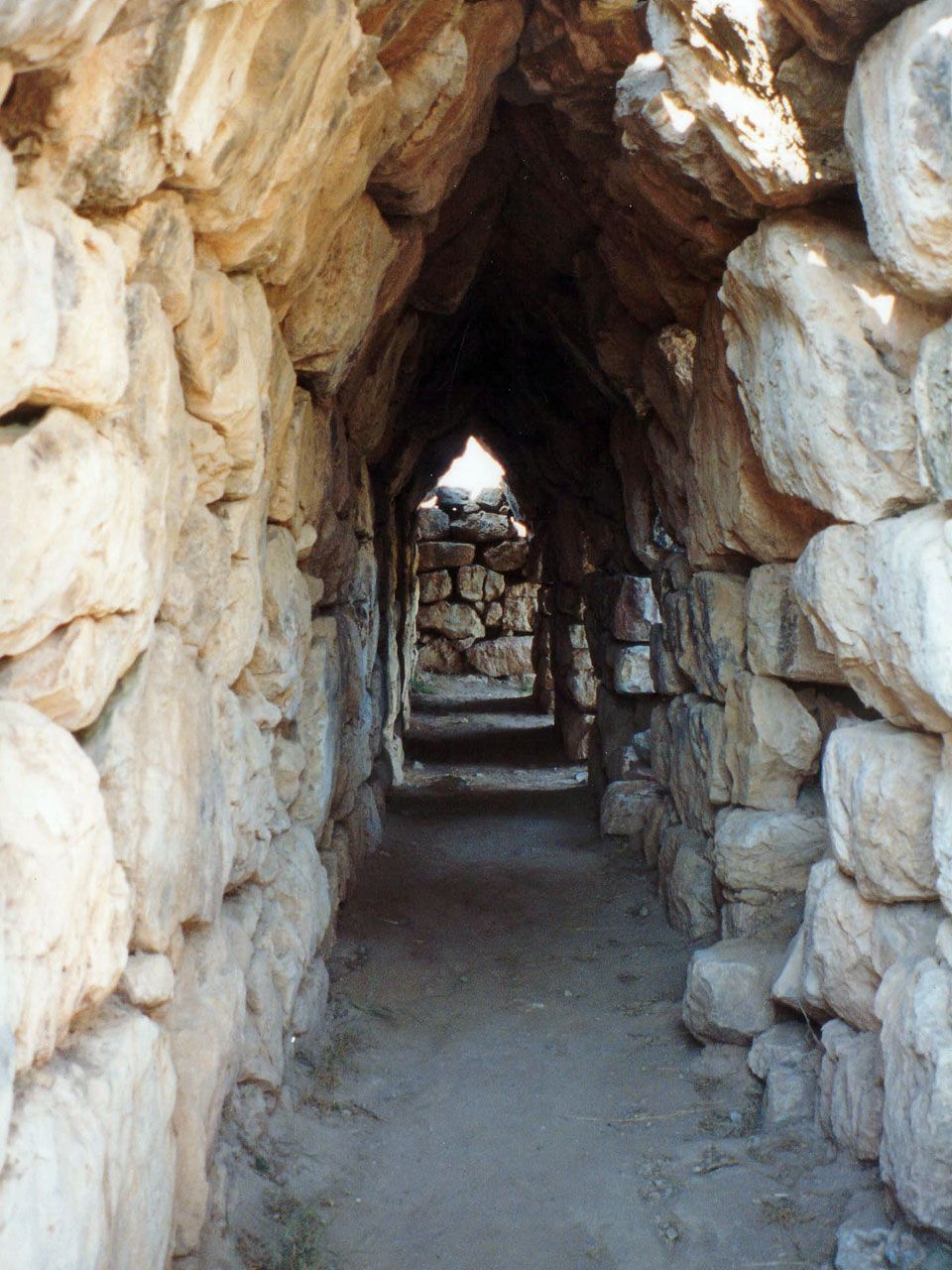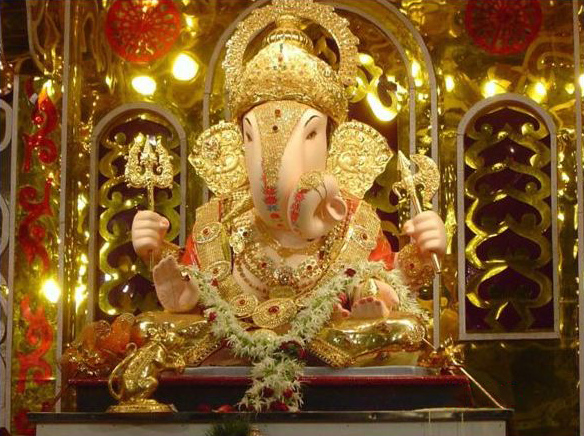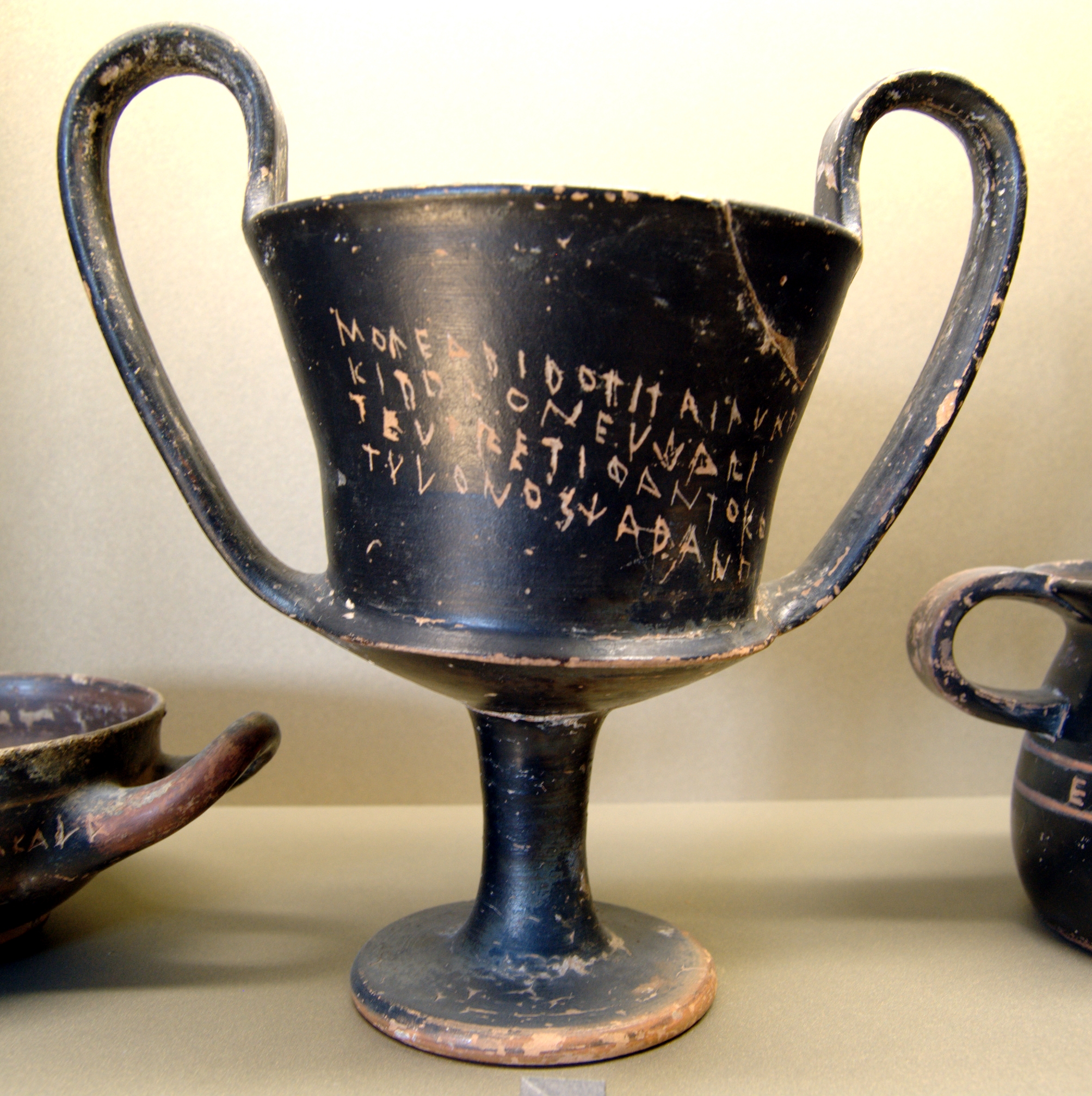|
Argus (son Of Arestor)
In Greek mythology, Argus ( ; ) was the builder and eponym of the ship ''Argo'', and consequently one of the Argonauts; he was said to have constructed the ship under Athena's guidance. Argus was commissioned to build the Argo by Pelias, King Pelias (ruler of Iolcus) so that the crew that would come to be known as the Argonauts could find and bring the Golden Fleece back to Iolcus, which was in ancient Thessaly, Thessaly. Family Argus' parentage is debated, but most often he is referred to be the son of Arestor. The latter was a member of the Argos, Peloponnese, Argive royal house, is given as his father by Apollonius of Rhodes, Apollonius Rhodius and John Tzetzes, but Hyginus says Argus' parents were Polybus (mythology), Polybus and Argia (mythology), Argia or Danaus to be his father. Mythology In Gaius Valerius Flaccus, Valerius Flaccus' ''Argonautica'', Argus is said to have originated from Thespiae. Argus was also credited with creating a wooden statue of Hera that was ... [...More Info...] [...Related Items...] OR: [Wikipedia] [Google] [Baidu] |
Argus Building The Ship Argo - Wordsworth Christopher - 1882
Argus is the Latinized form of the Ancient Greek word ''Argos (other), Argos''. It may refer to: Greek mythology *Argus (Greek myth), various mythological characters, including: **Argus (king of Argos), son of Zeus (or Phoroneus) and Niobe **Argus (son of Arestor), builder of the ship in the tale of the Argonauts **Argus Panoptes (Argus "All-Eyes"), a giant with a hundred eyes **Argus, the eldest son of Phrixus and Chalciope **Argos (dog), faithful hunting dog of Odysseus **Argeus (king of Argos), son of Megapenthes Arts and entertainment Fictional entities *Argus (comics), in the DC Comics Universe *Argus (Mortal Kombat), Argus (''Mortal Kombat''), a deity *ARGUS (Splinter Cell), ARGUS (''Splinter Cell''), a military contractor *A.R.G.U.S., a government agency in the DC Universe *Argus Filch, in the ''Harry Potter'' series *Argus, a planet in the ''Warcraft'' franchise *Argus, a hero in ''Mobile Legends: Bang Bang'' *Argus, in the video game ''Shadow of the Colossus'' ... [...More Info...] [...Related Items...] OR: [Wikipedia] [Google] [Baidu] |
Polybus (mythology)
In Greek mythology, Polybus (Ancient Greek: Πόλυβος) may refer to the following personages: * Polybus, father by Argia of Argus, builder of the ship Argo. Others credited Danaus or Arestor to be this Argonaut's father. * Polybus, king of Corinth who was best known for having reared Oedipus. * Polybus, son of Hermes and king of Sicyon. * Polybus, king of the Egyptian Thebes. * Polybus, father of Eurymachus, one of the suitors of Penelope. * Polybus, son of Antenor. *Polybus, a skilled Phaeacian craftsman who made a beautiful ball for Halius and Laodamas to play with. * Polybus, one of the suitors of Penelope who came from Zacynthus along with other 43 wooers.Apollodorus, Epitomebr>7.29/ref> He was killed by Eumaeus, swineheard and friend of Odysseus. * Polybus, another suitor of Penelope from Zacynthus. He suffered the same fate as his above namesake.Apollodorus, Epitome 7.33 Notes References * Apollodorus, ''The Library'' with an English Translation by Sir ... [...More Info...] [...Related Items...] OR: [Wikipedia] [Google] [Baidu] |
Dodona
Dodona (; , Ionic Greek, Ionic and , ) in Epirus in northwestern Greece was the oldest Ancient Greece, Hellenic oracle, possibly dating to the 2nd millennium BCE according to Herodotus. The earliest accounts in Homer describe Dodona as an oracle of Zeus. Situated in a remote region away from the main Greek polis, poleis, it was considered second only to the Oracle of Delphi in prestige. Aristotle considered the region around Dodona to have been part of Ancient Greece, Hellas and the region where the Hellenes originated.; Aristotle. ''Meteorologica''1.14 The oracle was first under the control of the Thesprotians before it passed into the hands of the Molossians. It remained an important religious sanctuary until the rise of Christianity during the Late Antiquity, Late Roman era. Description During classical antiquity, according to various accounts, priestesses and priests in the sacred grove interpreted the rustling of the oak (or beech) leaves to determine the correct actions to ... [...More Info...] [...Related Items...] OR: [Wikipedia] [Google] [Baidu] |
Jason
Jason ( ; ) was an ancient Greek mythological hero and leader of the Argonauts, whose quest for the Golden Fleece is featured in Greek literature. He was the son of Aeson, the rightful king of Iolcos. He was married to the sorceress Medea, the granddaughter of the sungod Helios. Jason appeared in various literary works in the classical world of Greece and Rome, including the epic poem ''Argonautica'' and the tragedy '' Medea''. In the modern world, Jason has emerged as a character in various adaptations of his myths, such as the 1963 film '' Jason and the Argonauts'' and the 2000 TV miniseries of the same name. Persecution by Pelias Pelias (Aeson's half-brother) was power-hungry and sought to gain dominion over all of Thessaly. Pelias was the progeny of a union between their shared mother, Tyro ("high born Tyro"), the daughter of Salmoneus, and the sea god Poseidon. In a bitter feud, he overthrew Aeson (the rightful king), killing all the descendants of Aeson ... [...More Info...] [...Related Items...] OR: [Wikipedia] [Google] [Baidu] |
Colchis
In classical antiquity and Greco-Roman geography, Colchis (; ) was an exonym for the Georgian polity of Egrisi ( ka, ეგრისი) located on the eastern coast of the Black Sea, centered in present-day western Georgia. Its population, the Colchians, are generally thought to have been mainly an early Kartvelian-speaking tribe ancestral to contemporary western Georgians, namely Svans and Zans. According to David Marshall Lang: "one of the most important elements in the modern Georgian nation, the Colchians were probably established in the Caucasus by the Middle Bronze Age." It has been described in modern scholarship as "the earliest Georgian formation", which, along with the Kingdom of Iberia, would later contribute significantly to the development of the Kingdom of Georgia and the Georgian nation. Colchis is known in Greek mythology as the destination of the Argonauts, as well as the home to Medea and the Golden Fleece. It was also described as a land rich with g ... [...More Info...] [...Related Items...] OR: [Wikipedia] [Google] [Baidu] |
Clement Of Alexandria
Titus Flavius Clemens, also known as Clement of Alexandria (; – ), was a Christian theology, Christian theologian and philosopher who taught at the Catechetical School of Alexandria. Among his pupils were Origen and Alexander of Jerusalem. A convert to Christianity, he was an educated man who was familiar with Ancient Greek philosophy, classical Greek philosophy and Ancient Greek literature, literature. As his three major works demonstrate, Clement was influenced by Hellenistic philosophy to a greater extent than any other Christian thinker of his time, and in particular, by Plato and the Stoicism, Stoics. His secret works, which exist only in fragments, suggest that he was familiar with pre-Christian Judaism, Jewish esotericism and Gnosticism as well. In one of his works he argued that Greek philosophy had its origin among non-Greeks, claiming that both Plato and Pythagoras were taught by Egyptian scholars. Clement is usually regarded as a Church Father. He is venerated as a ... [...More Info...] [...Related Items...] OR: [Wikipedia] [Google] [Baidu] |
Tiryns
Tiryns ( or ; Ancient Greek: Τίρυνς; Modern Greek: Τίρυνθα) is a Mycenaean archaeological site in Argolis in the Peloponnese, and the location from which the mythical hero Heracles was said to have performed his Twelve Labours. It lies south of Mycenae. Tiryns was a hill fort with occupation ranging back seven thousand years, from before the beginning of the Bronze Age. It reached its height of importance between 1400 and 1200 BC, when it became one of the most important centers of the Mycenaean world, and in particular in Argolis. Its most notable features were its palace, its Cyclopean tunnels and especially its walls, which gave the city its Homeric epithet of "mighty walled Tiryns". Tiryns became associated with the myths surrounding Heracles, as the city was the residence of the hero during his labors, and some sources cite it as his birthplace. The famous megaron of the palace of Tiryns has a large reception hall, the main room of which had a throne place ... [...More Info...] [...Related Items...] OR: [Wikipedia] [Google] [Baidu] |
Cult Image
In the practice of religion, a cult image is a Cultural artifact, human-made object that is venerated or worshipped for the deity, Spirit (supernatural entity), spirit or Daimon, daemon that it embodies or represents. In several traditions, including the ancient religions of Ancient Egypt, Egypt, Ancient Greece, Greece and Rome, and Hinduism, cult images in a temple may undergo a daily routine of being washed, dressed, and having food left for them. Processions outside the temple on special feast days are often a feature. Religious images cover a wider range of all types of images made with a religious purpose, subject, or connection. In many contexts "cult image" specifically means the most important image in a temple, kept in an inner space, as opposed to what may be many other images decorating the temple. The term idol is an image or representation of a god used as an object of worship, while idolatry is the worship of an "idol" as though it were God. Ancient Near East and E ... [...More Info...] [...Related Items...] OR: [Wikipedia] [Google] [Baidu] |
Hera
In ancient Greek religion, Hera (; ; in Ionic Greek, Ionic and Homeric Greek) is the goddess of marriage, women, and family, and the protector of women during childbirth. In Greek mythology, she is queen of the twelve Olympians and Mount Olympus, sister and wife of Zeus, and daughter of the Titans Cronus and Rhea (mythology), Rhea. One of her defining characteristics in myth is her jealous and vengeful nature in dealing with any who offended her, especially Zeus's numerous adulterous lovers and illegitimate offspring. Her iconography usually presents her as a dignified, matronly figure, upright or enthroned, crowned with a ''polos'' or diadem, sometimes veiled as a married woman. She is the patron goddess of lawful marriage. She presides over weddings, blesses and legalises marital unions, and protects women from harm during childbirth. Her sacred animals include the Cattle, cow, cuckoo, and Peafowl, peacock. She is sometimes shown holding a pomegranate as an emblem of immort ... [...More Info...] [...Related Items...] OR: [Wikipedia] [Google] [Baidu] |
Valerius Flaccus (poet)
Gaius Valerius Flaccus (; died ) was a 1st-century Roman poet who flourished during the "Silver Age" under the Flavian dynasty, and wrote a Latin ''Argonautica'' that owes a great deal to Apollonius of Rhodes' more famous epic. Gaius Valerius Flaccus at Britannica.Tim Stover, Valerius Flaccus at Oxford Bibliographies. Life The only widely accepted mention of Valerius Flaccus by his contemporaries is by (10.1.90), who laments t ...[...More Info...] [...Related Items...] OR: [Wikipedia] [Google] [Baidu] |
Thespiae
Thespiae ( ; ) was an ancient Greek city (''polis'') in Boeotia. It sits at the foot of Mount Helicon and near right bank of the Thespius River (modern name Kanavari River). Thespiae was a Boeotian state sporadically involved in the military federal league known as the Boeotian League. The Boeotian League began in 520 BCE under the leadership of Thebes. During the Second Persian invasion of Greece, Thespiae's 700 hoplites remained with the Spartans in the Battle of Thermopylae, fighting the Persians and allowing the Greek forces to retreat. Centuries later Greece honored them with a monument. Thespiae was one of the few Boeotian cities to stay loyal to Greece after the battle. Thespiae rivaled Thebes and survived through the Roman Empire. Thespiae was involved in mythical Greek tales depicting creatures such as the Lion of Cithaeron and a dragon that ate people whole. Mythical figures like Heracles and Narcissus also interacted with the environment of Thespiae. Thespiae's r ... [...More Info...] [...Related Items...] OR: [Wikipedia] [Google] [Baidu] |
Gaius Valerius Flaccus
Gaius Valerius Flaccus (; died ) was a 1st-century Roman poet who flourished during the "Silver Age" under the Flavian dynasty, and wrote a Latin ''Argonautica'' that owes a great deal to Apollonius of Rhodes' more famous epic. Gaius Valerius Flaccus at Britannica.Tim Stover, Valerius Flaccus at Oxford Bibliographies. Life The only widely accepted mention of Valerius Flaccus by his contemporaries is by (10.1.90), who laments t ...[...More Info...] [...Related Items...] OR: [Wikipedia] [Google] [Baidu] |







